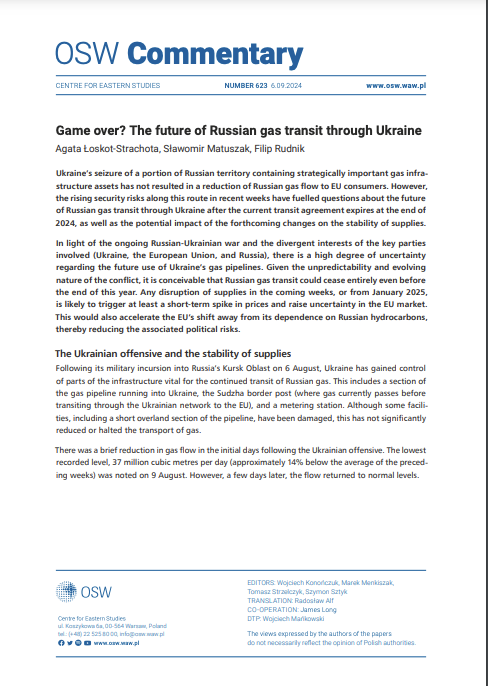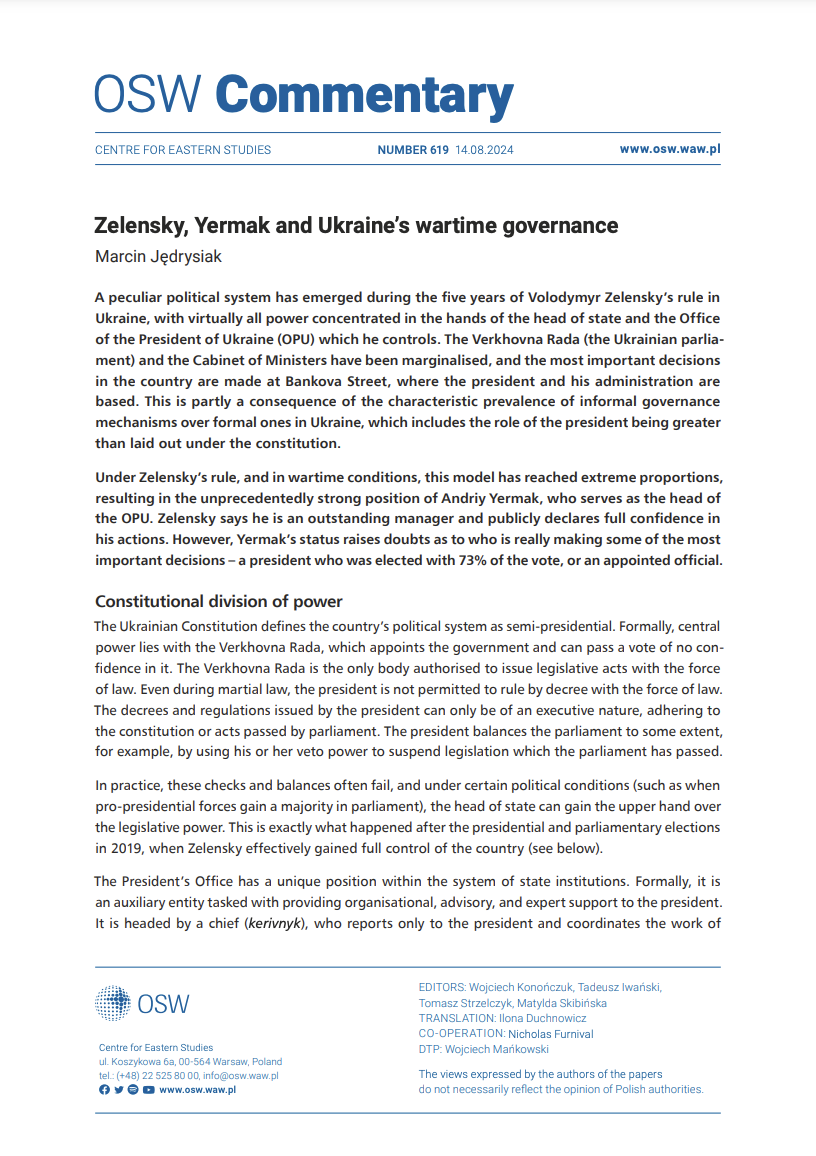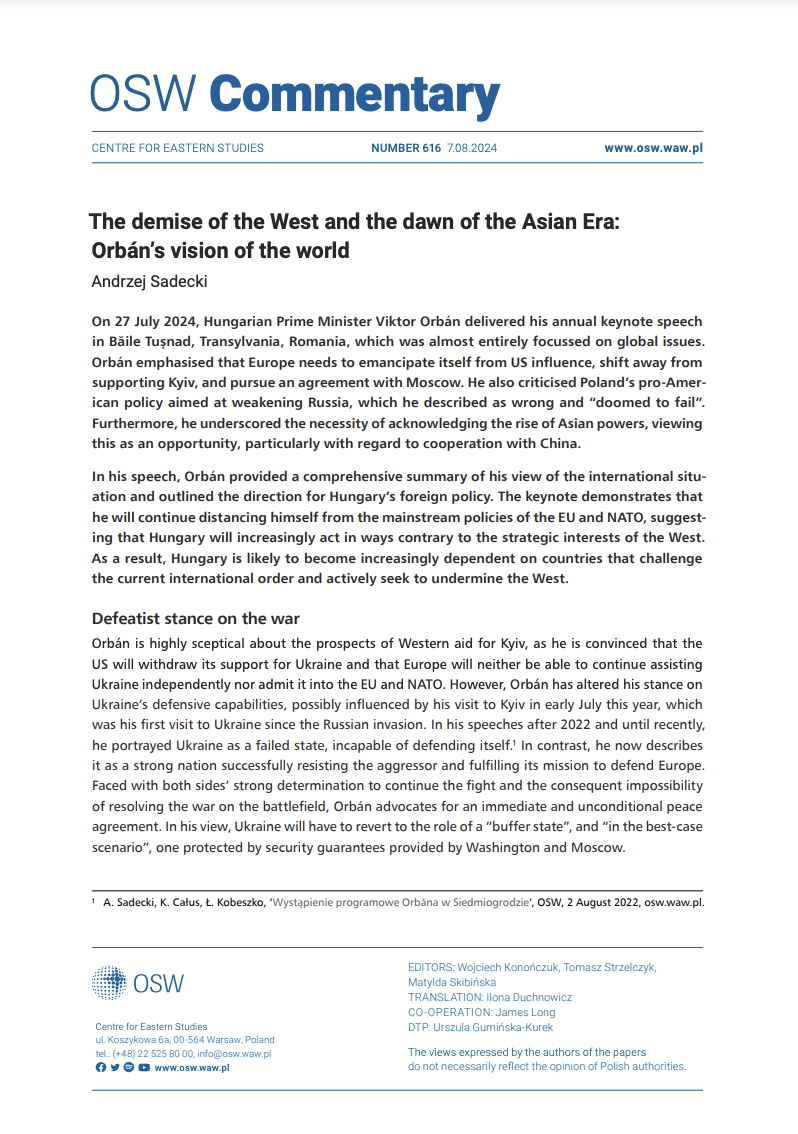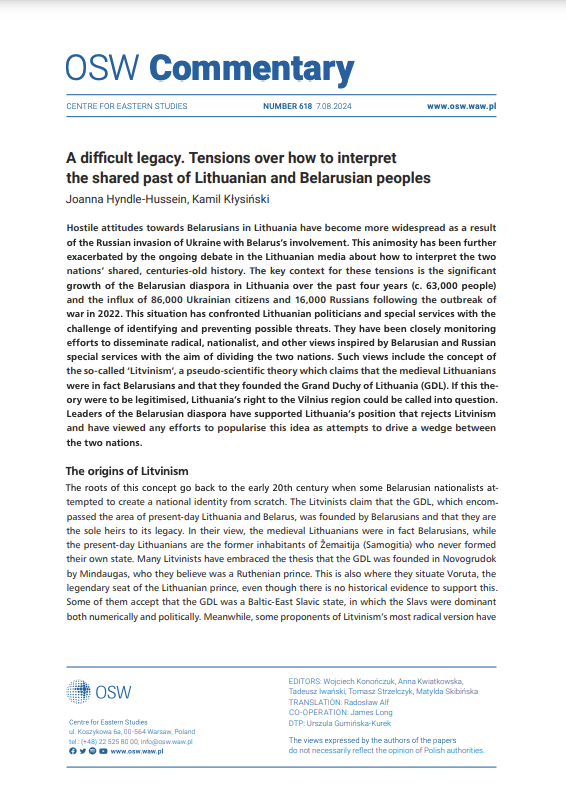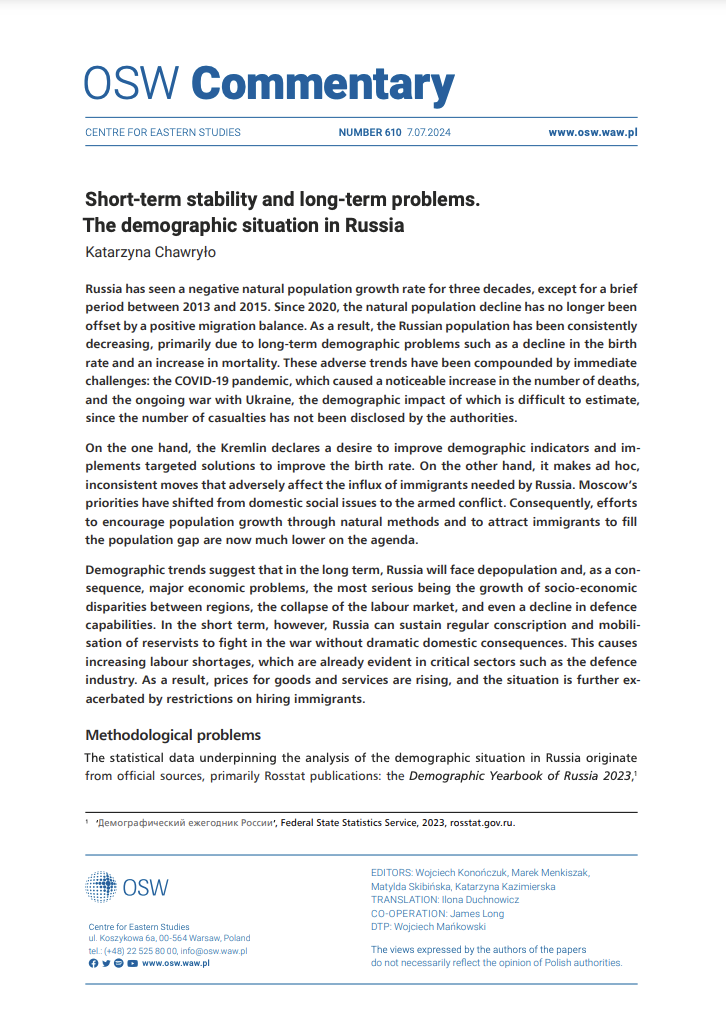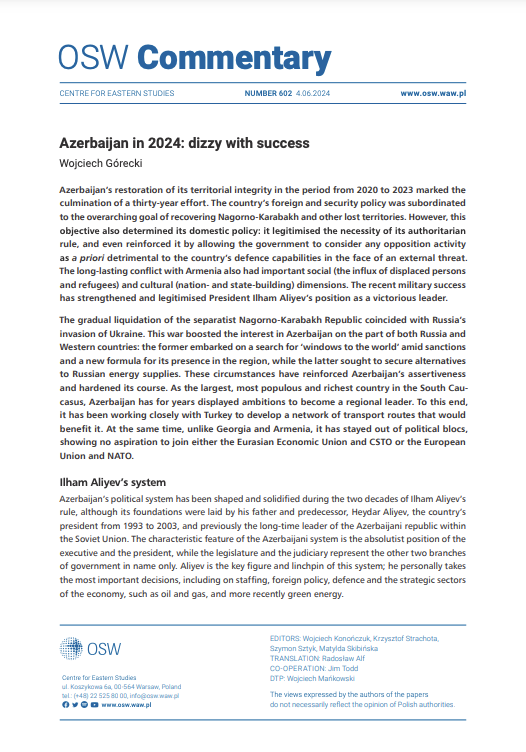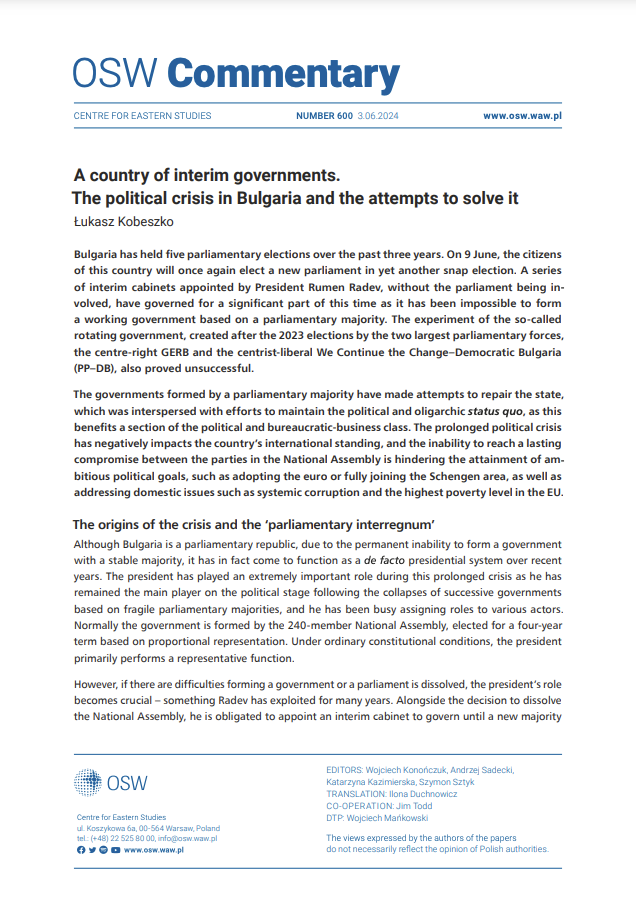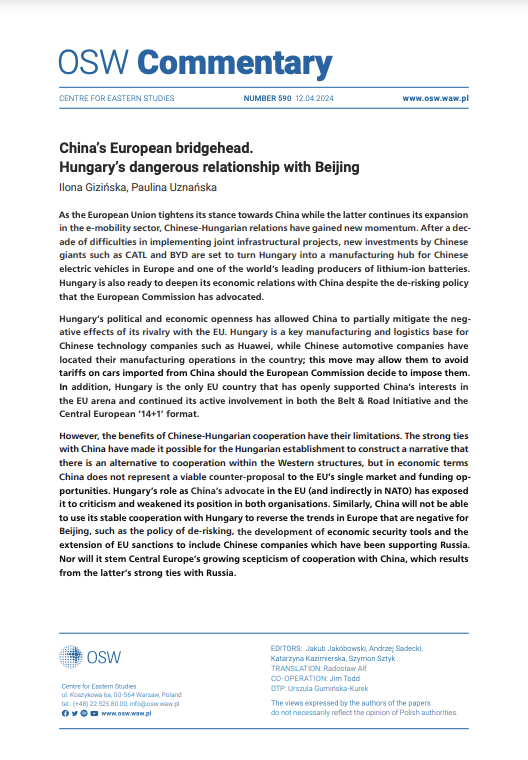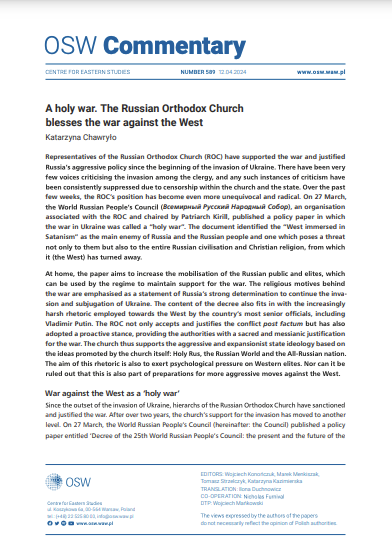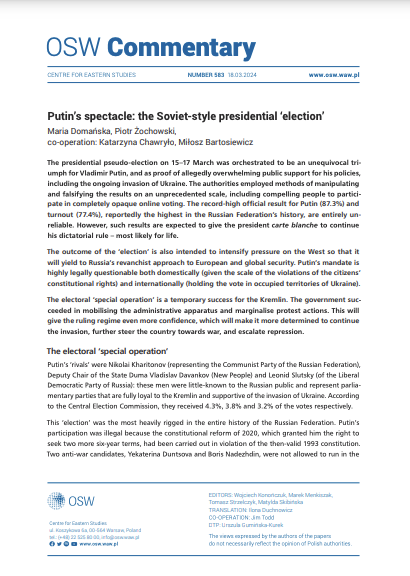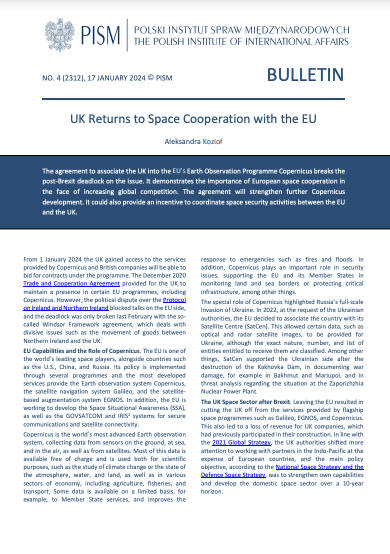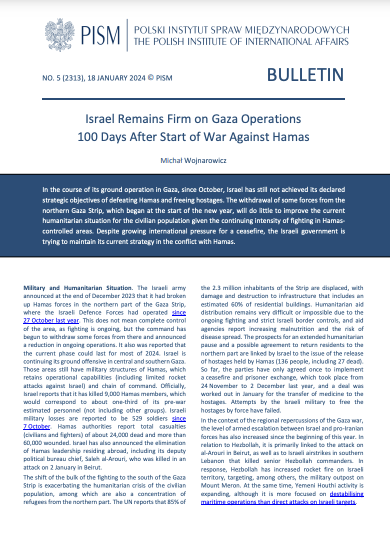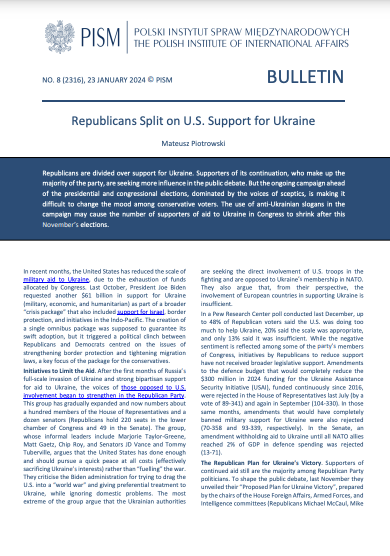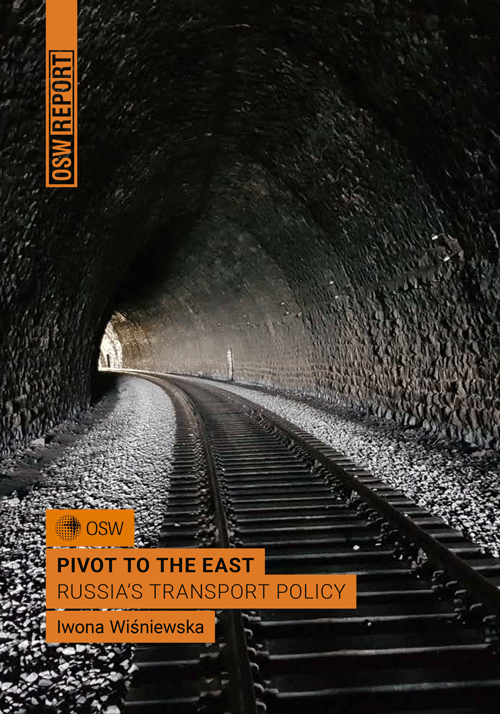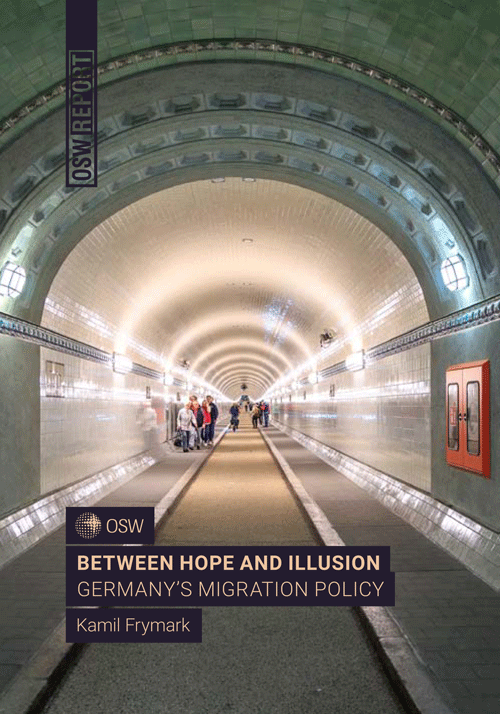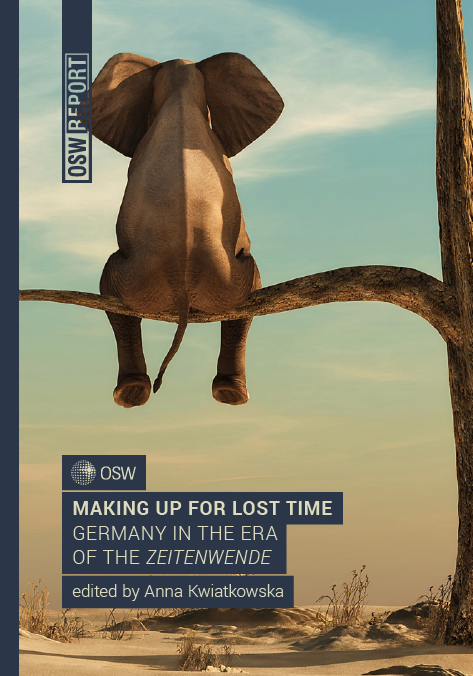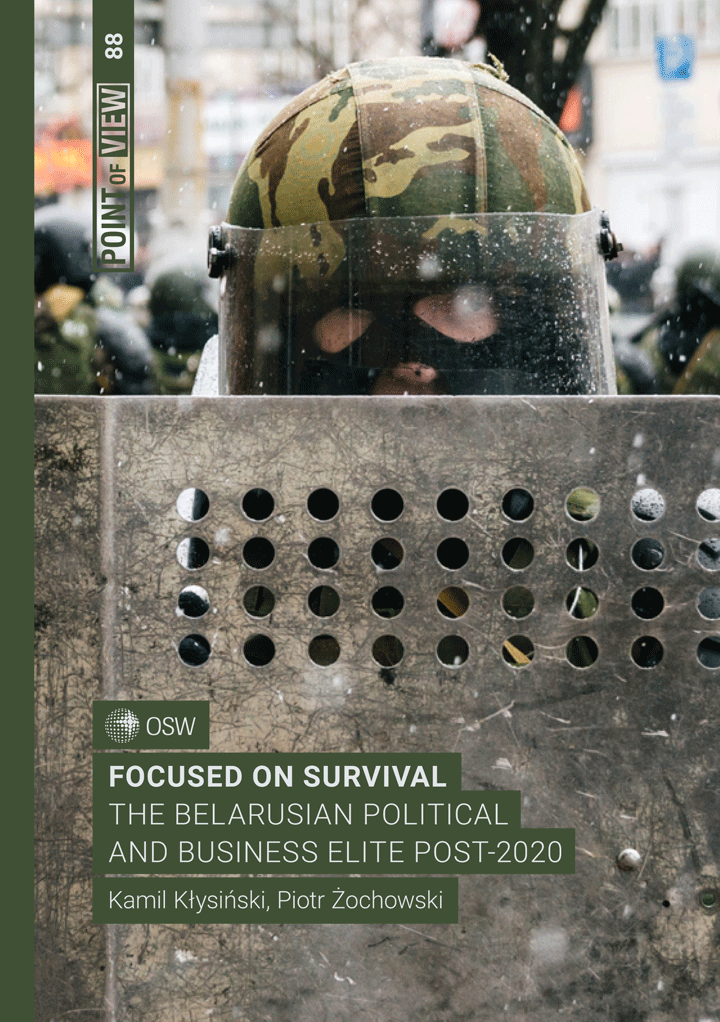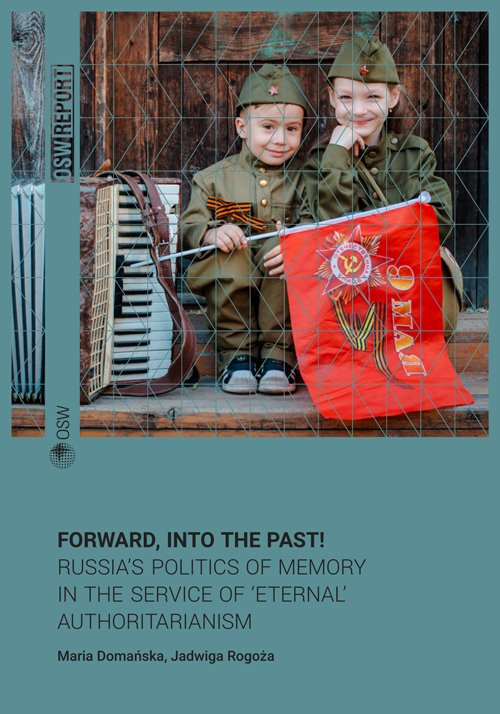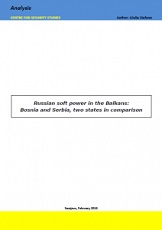
Russian soft power in the Balkans: Bosnia and Serbia, two states in comparison
Currently (2018), the two main supporters of the region, the USA and the EU seem both too taken by their internal problems. Europe is indeed losing its attractiveness because of its own crisis and above all after Juncker’s statement about no chances of enlargement in the next 5 years1, postponing the process to 2025. On the other side, there are Turkey and Russia. Turkey, with its neo-Ottoman foreign policy, is playing a great role in the area, offering a new authoritarian model. Russia, also exploiting this vacuum left by the West, is trying to affirm its influence, mainly using the Orthodox Church ties and weapons trade. The most affected countries are Serbia and Bosnia Herzegovina: in different ways, approaches and perspectives, but they are the ones Russia is looking to in strengthening its position in the region, above all after Montenegro’s NATO accession. Hence, the research is going to focus on the comparison between Russian interference in Serbia, always considered a great ally with shared roots and traditions, and BiH where Russian presence is peculiar, through a direct impact on the Serb and Croat political leaders.
More...
